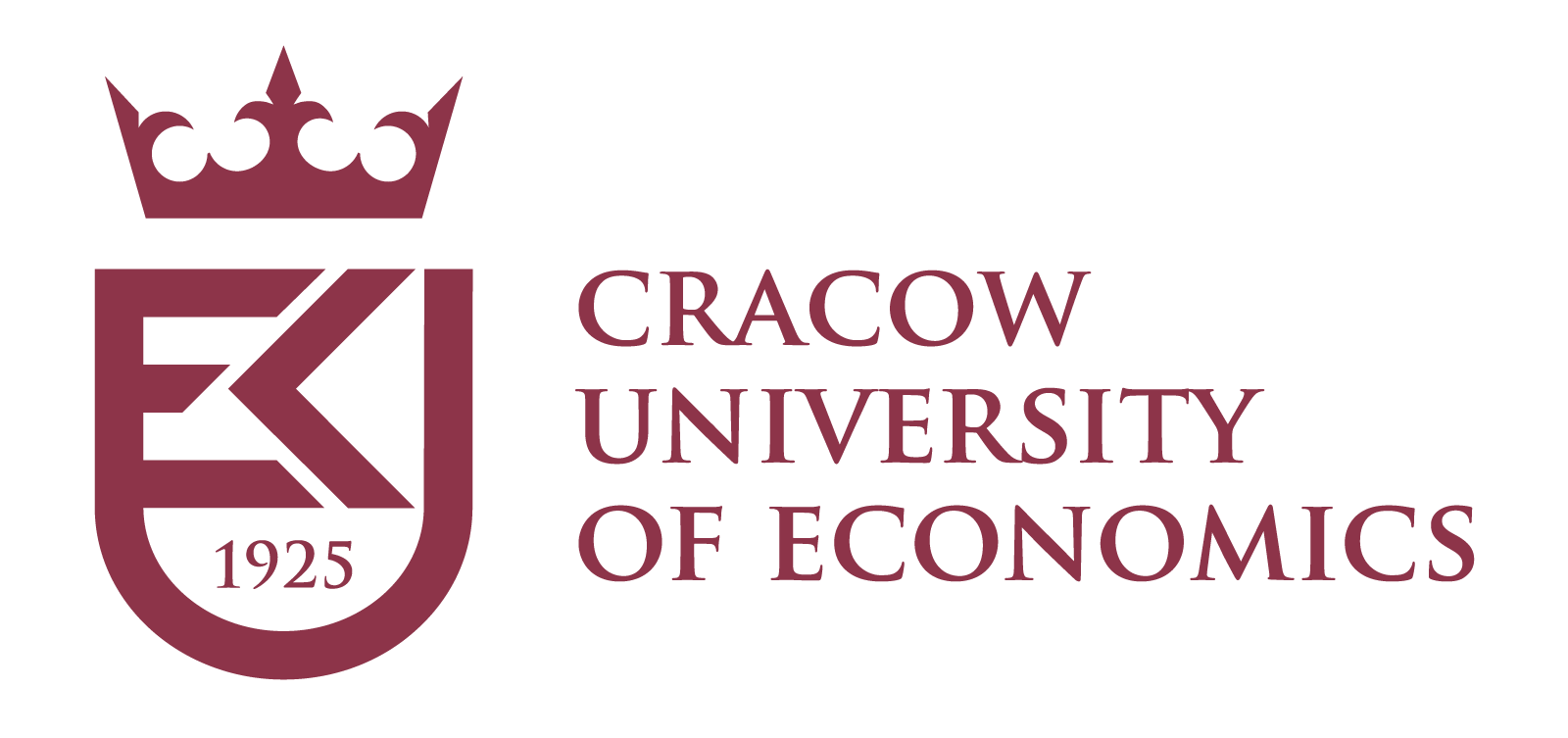Simulation in Crises
Organizer:
ESSA Special Interest Group BRICSS
Session chairs:
Francesca Giardini, University of Groningen, The Netherlands
Loïs Vanhée, Umeå University, Sweden
Christian Kammler, Umeå University, Sweden
Description:
Social simulation is acknowledged to be a critical tool for dealing with crises impacting societies. Yet, the context of a crisis also fundamentally alters the process of developing simulations and their exploitation: classic scientific methodologies are challenged by the urgency (ever-changing needs of stakeholders and understanding of the situation), while modelers are involved in high-impact decisions, exposed to constant high pressure, while infrastructures (e.g. computational power, life conditions) can be damaged. Currently, we have little knowledge on how to produce such simulations, besides a few reported attempts. We want to develop the theories, tools, methods and resilience networks ahead of future crises, for social simulation to be a relevant and trusted tool for decision makers. This special track is dedicated to develop frames, techniques, and methods for better understanding what is central to the process of producing simulations in crises, validating them and using models and results to reach out to society. This track calls for input from a broad variety of disciplines and sectors (e.g. computer science, sociology, disaster studies, psychology, stakeholders), including inter- and trans-disciplinary research.
Topics of interest include (but are not limited to):
- framing papers introducing theoretical foundations on how the crisis context impacts the process of designing simulations
- modelling papers proposing models of simulations built during a crisis (note: a clear emphasis is required on how the crisis has impacted the establishment of the model)
- in-crisis method papers proposing solutions for researchers and designers to build simulations in crises more effectively
- Behavioural realism in ABM papers proposing or showing the increase in behavioural realism necessary for modelling crises
- ABM through the disaster cycle papers showing the (potential) use of social simulations at different stages of the disaster cycle and what are the key characteristics at each stage
- research method papers for researchers to assess whether their contribution does enable increased resilience to crises
- survey papers reviewing contents related to the establishment of models during crises, towards identifying common trends, patterns and impacts
- vision papers identifying areas in society and/or social simulation describing potential future crises, common features of such crises, as well as courses of action for being ready to cover such crises
- translational papers translating or specifying frameworks describing how to achieve in-crisis activities from other frameworks to the context of a simulation
- critical papers scrutinising the designs and implementations of simulation in crises, from perspectives such as critical theory, ethics, and impact.
